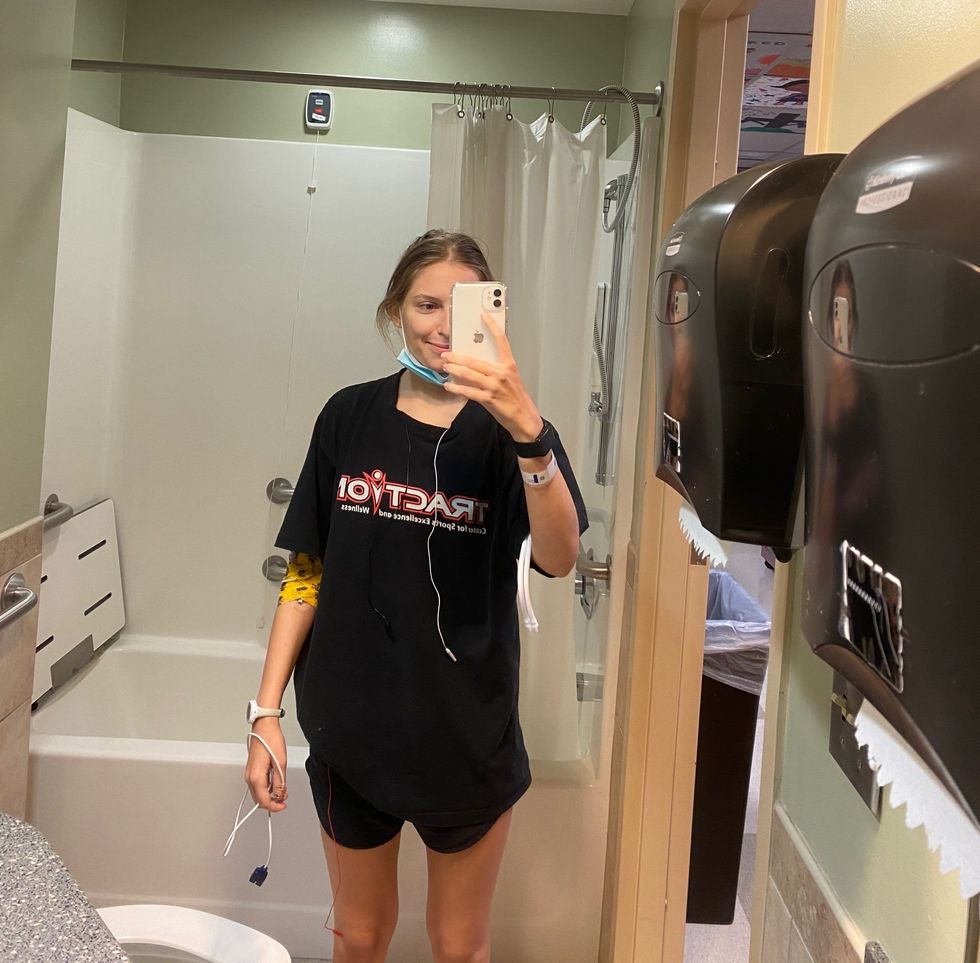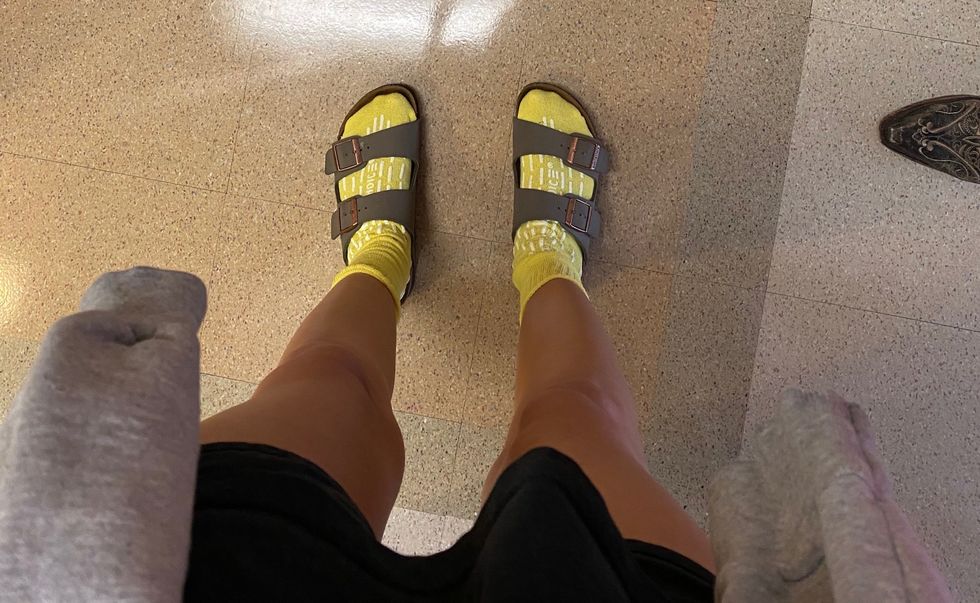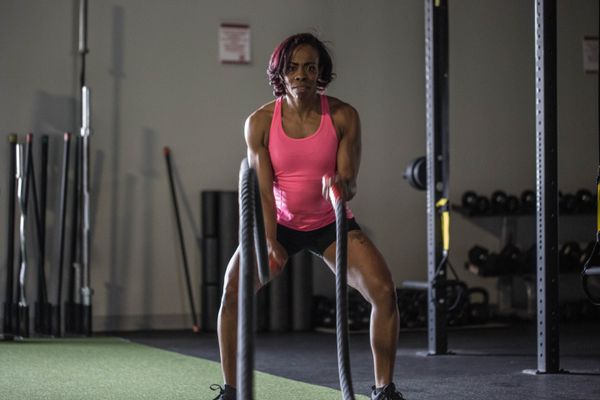I was in the middle of FCA (Fellowship of Christian Athletes) when my mom ran downstairs. I had a doctor's appointment earlier that day but my hematologist (blood doctor) wasn't in and didn't get the results of my blood test until later. My mom had tears in her eyes and was clearly shaken up. She asked if the computer was on mute (FCA has been meeting via Zoom due to COVID) before saying that I needed to get dressed immediately.
My doctor had called and said that I had to go to the ER immediately for a blood transfusion because my iron levels were "critically low."
I've suffered from anemia for a while. When I was 15, I saw a hematologist for the first time. Hemoglobin (HgB), the iron-containing oxygen-transport protein in red blood cells (RBC), levels are supposed to fall between 12 and 16. In 2016, when I first saw my doctor, they were 6. I was told that I just have abnormally small RBCs and that'd I need to work really hard to make sure I consumed enough iron.
I was prescribed iron supplements.
These were not the pills you get at the store. The average daily value of iron is about 18mg per day for females of my age. I was taking three pills a day for a grand total of 975mg per day. Eventually, my Hgb levels came up to 10 and I was prescribed only one, 325mg, pill per day. However, I was irresponsible and eventually stopped taking them altogether. It took three and a half years for my Hbg levels to plummet so low that I'd need two blood transfusions.
Because I began seeing my doctor before I turned 18, I was never transferred out of pediatrics, something I'm eternally grateful for. I was 20, staring up at painted ceiling tiles and walking past fish tanks to my hospital room.
"Honestly, I was surprised to see you walk in."
That's what the doctor in Oschner's Pediatric ER told me after the nurses hooked me up to all the machines, took some blood, put a catheter (for the transfusion) in my arm, and did a COVID-19 test (it came back negative).
My Hbg levels were at 4.
All the doctors were shocked that I'd never passed out, that I was able to do seemingly normal tasks like make a run to the grocery store. I wasn't, though. I couldn't stand in the shower, I couldn't even stand long enough to cook eggs. One doctor told me that after I got everything in order, I could probably run a marathon because my heart is so incredibly efficient. I told him I wouldn't want to.
It was weird, though.
The "normal" part of the hospital was empty and I was the only patient for the nurse that administered my first transfusion. We used special, non-COVID elevators to get from the ER to the main hospital. I didn't shake hands with any of the four doctors that came to talk to me or the seven residents that did rounds with me. I love shaking hands. We all wore masks, except when they asked to see the inside of my mouth, because of how pale it was. But, they did give me socks. I still wear them, they're really comfortable.
All in all, it was not awful.
Blood transfusions take about four hours to administer. I was admitted to the ER around 8:45 p.m. and started my first transfusion at 12:00 a.m. I didn't sleep until it was over because I feared that there would be an air bubble in the IV line and I'd have a stroke (even though that's incredibly rare and my nurse assured me that it wouldn't happen). At 4:00 a.m., I was done and I slept until about 6:45 a.m. when another nurse came to take blood and decide whether or not to give me another one. My Hgb levels had increased to almost 7 and they wanted me to take another bag. At 9:00 a.m., I got my second, which only took about three and a half hours. So, I was home by 1:00 p.m. and proceeded to take the best nap of my life.
I learned a lot from this experience.
You can't taste it. You know that scene in Iron Man 2, when Tony gets the new arc reactor and he coughs and says it tastes like coconut and metal? Yeah, I thought I was gonna taste the blood transfusion like that. But, because it wasn't in a vein going directly to my chest, I didn't. I did get cold, however. The blood is kept cold and although they let it sit out a bit before, literally, hooking it to your veins, it's not warm. And, it energizes you. Before, my blood was basically water. I instantly felt amazing and continue too.
I'm back on 975mg of iron a day and I feel better than ever. I stand up and my head doesn't hurt. I wake up hungry and get hungry throughout the day. I was pretty underweight (100lbs) and charged to gain at least 10 pounds. Before, I was eating basically one meal a day and sleeping for the rest of the time. Now, I'm eating 3-4 meals a day and I sleep better, by a lot.
Despite my anxieties and fears, I'm so grateful for the experience. It taught me a lot about myself and strengthened my trust in the Lord. I wrote a whole thing about that on my Instagram. I'm working every day to get healthier and learn more about my anemia.
I ask that if you can, please donate blood. It literally saves lives. If you can't, like me, you can still donate to or volunteer with helpful organizations, a list of which I've linked here.





















